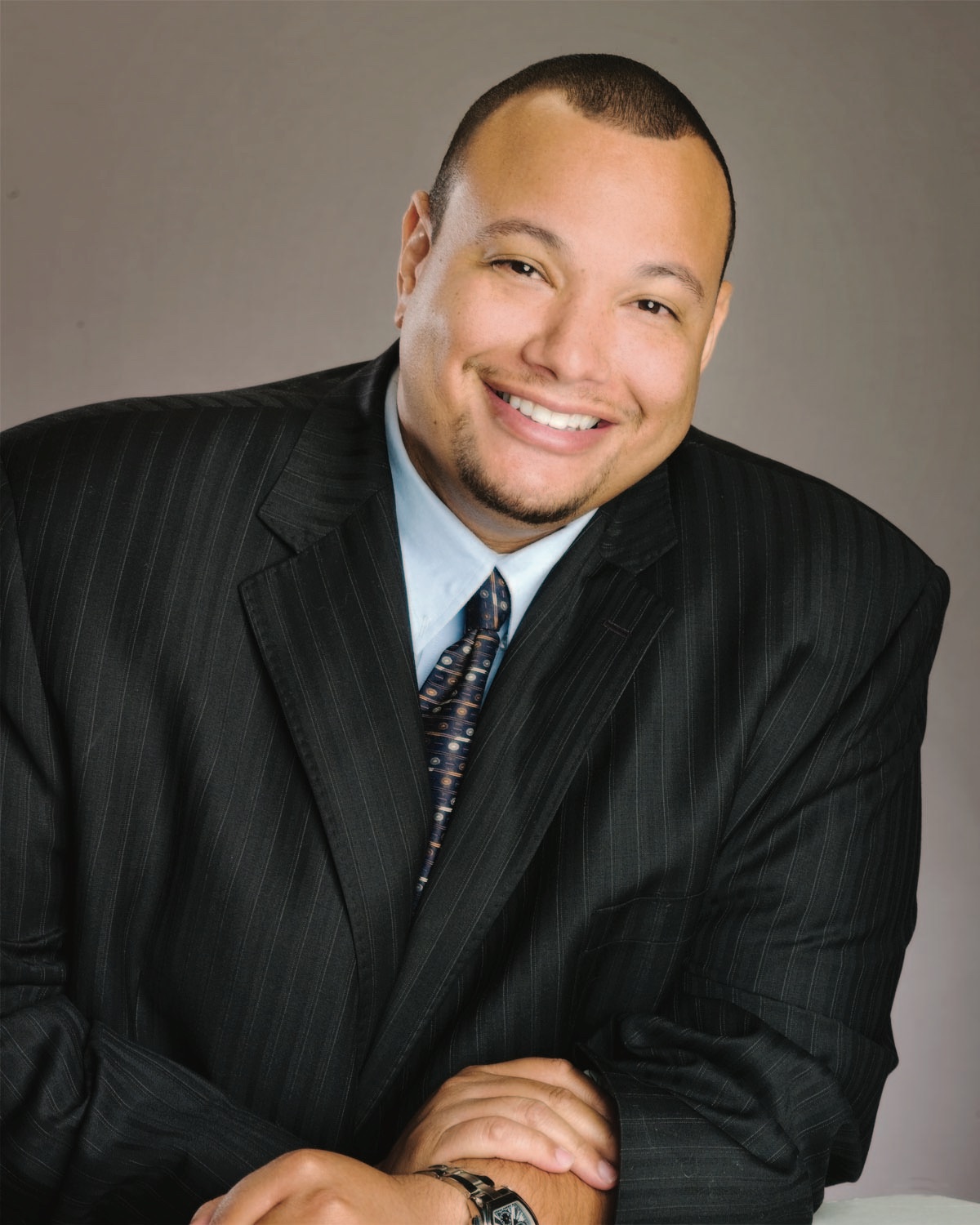Guest Commentator: J. Peter Pham
(Baltimore Sun) Ellen Johnson-Sirleaf, chosen president of Liberia last month in the country’s first free polling in its 183-year history, is the first woman elected to a presidency in Africa.
The choice of Ms. Johnson-Sirleaf is a remarkable breakthrough in a historically patriarchal society where women largely have been kept at the periphery in politics. She explicitly campaigned on her gender, and many of her supporters wore T-shirts that proclaimed, “All the men have failed Liberia; let’s try a woman this time.” It was a none-too-subtle reminder of the failure of men who have led the country into nearly two decades of authoritarian rule and civil strife from which it is only now emerging.
During her campaign, Ms. Johnson-Sirleaf made it clear that she would not support prosecuting those who committed unspeakable atrocities during the 1989-2003 civil wars. The conflicts took the lives of up to 250,000 Liberians and displaced over 1 million others, igniting a regional conflagration that continues to smolder in the West African country’s neighbors. She stated unambiguously: “Let me just say, I have said consistently, and I reiterate, that I do not support any war crime tribunal in Liberia.”
No wonder she drew support, not only from civil society organizations, the educated classes and women but also from less- savory characters.
Among them were Senator-elect Yormie Johnson, the former confidant of exiled former President Charles Taylor and a warlord best known for butchering President Samuel K. Doe at the start of the Liberian civil war.
Another supporter was Senator-elect Jewel Taylor, wife of Mr. Taylor. The former president has been indicted by the U.N.-backed Special Court for Sierra Leone on 17 counts of crimes against humanity and other serious violations of international
humanitarian law.
So egregious were the crimes for which Mr. Taylor has been indicted that the U.N. Security Council, lately so divided, unanimously voted recently to authorize U.N. peacekeepers in Liberia to detain him and turn him over to the special court should he attempt a return from his asylum in Nigeria. But the charges relate to Mr. Taylor’s role in Sierra Leone’s civil war, not to atrocities committed or directed by him during the Liberian civil wars.
Ms. Johnson-Sirleaf has defended her stand by asserting that Liberia needs to look forward. “We cannot spend our time looking backward, looking for skeletons in closets, trying to witch hunt people because of the wrong they have done, because we all sin,” she said. “None of us is perfect. All of us have contributed by omission and commission to the state in which our country finds itself today.”
But it is not clear that her position on impunity is fully understood or shared by her followers, many of whom are women who were brutalized during the war.
After more than two decades of strife, Liberia desperately needs the rule of law if it is to avoid a return to armed conflict. In order for that to happen, those responsible for committing war crimes and crimes against humanity must be held accountable.
Not only do the applicable norms of human rights and humanitarian law demand prosecution of perpetrators of those crimes, but it is a fundamental obligation of justice owed to the war victims and a precondition for Liberia to develop as a rule-based and democratic nation. Failure to punish those responsible for the most horrific crimes hardly sends the right signals to those who will inherit the state, to say nothing of any would-be rebels who might seek to violently unseat Ms. Johnson-Sirleaf.
While poverty, illiteracy, unemployment, lack of private sector infrastructure, illicit foreign competition for natural resources and international indifference are major factors hampering Liberia’s development, the lack of accountability is the common thread running through its tragic history. So long as warlords, elected or otherwise, are allowed to benefit from the havoc they cause without having to answer to anyone, the lives and resources of the Liberian people will be up for grabs. Far from stabilizing the situation, impunity undermines the very foundation of a free society based on the rule of law.
Ms. Johnson-Sirleaf has won applause for breaking down a significant barrier as Africa’s first elected woman president. But she will really earn an ovation if she can tear down an even more powerful barrier to development on the continent: its culture of impunity.
Copyright © 2006, The Baltimore Sun

